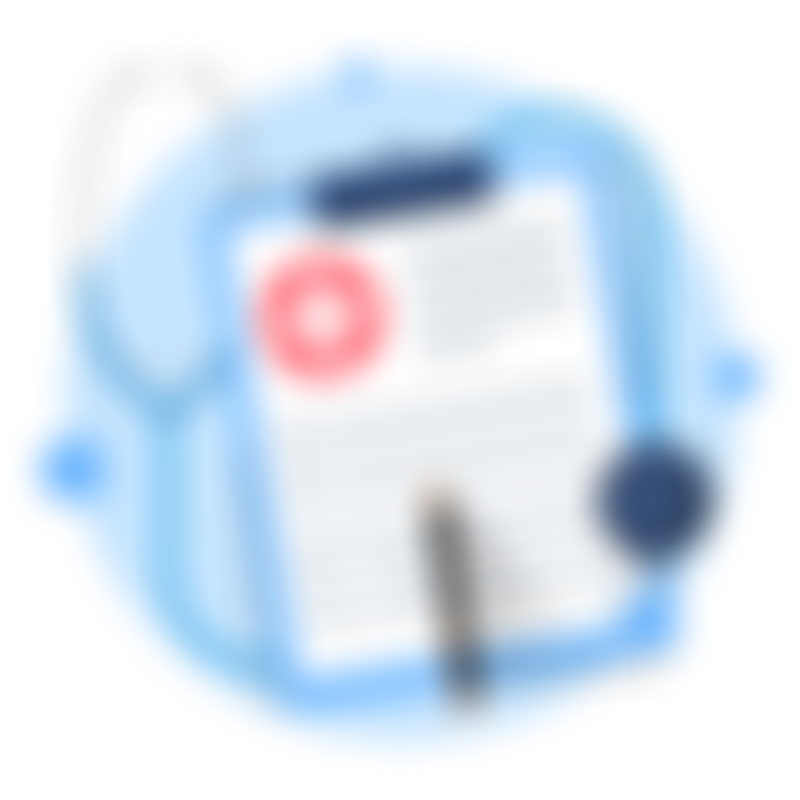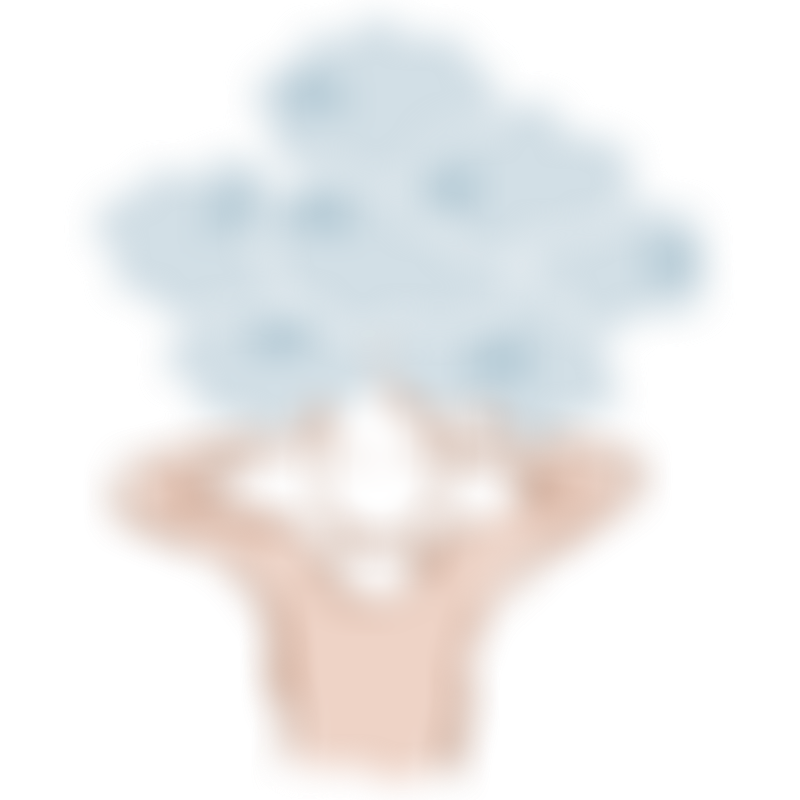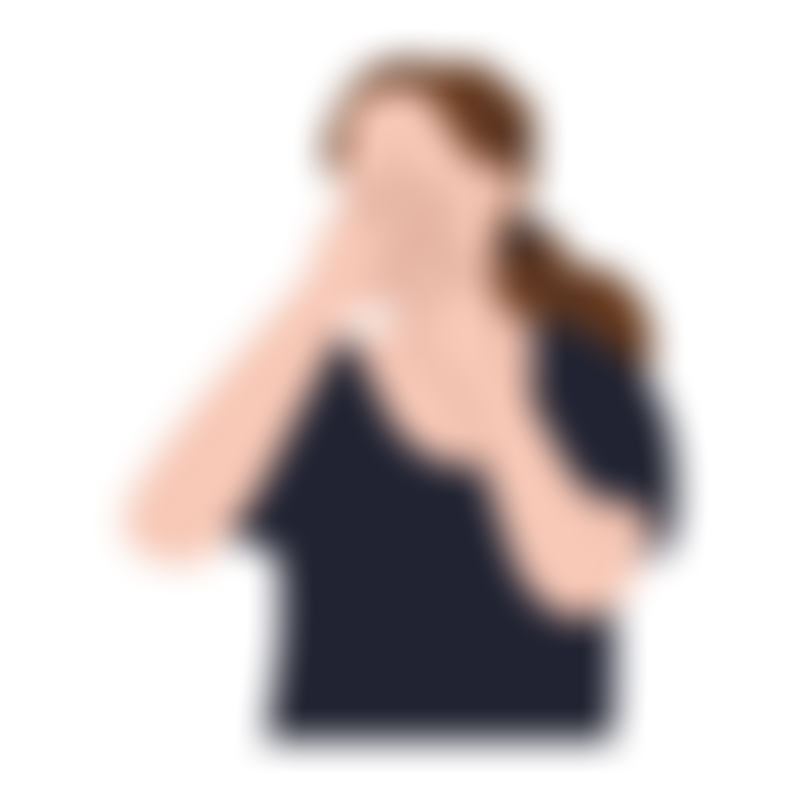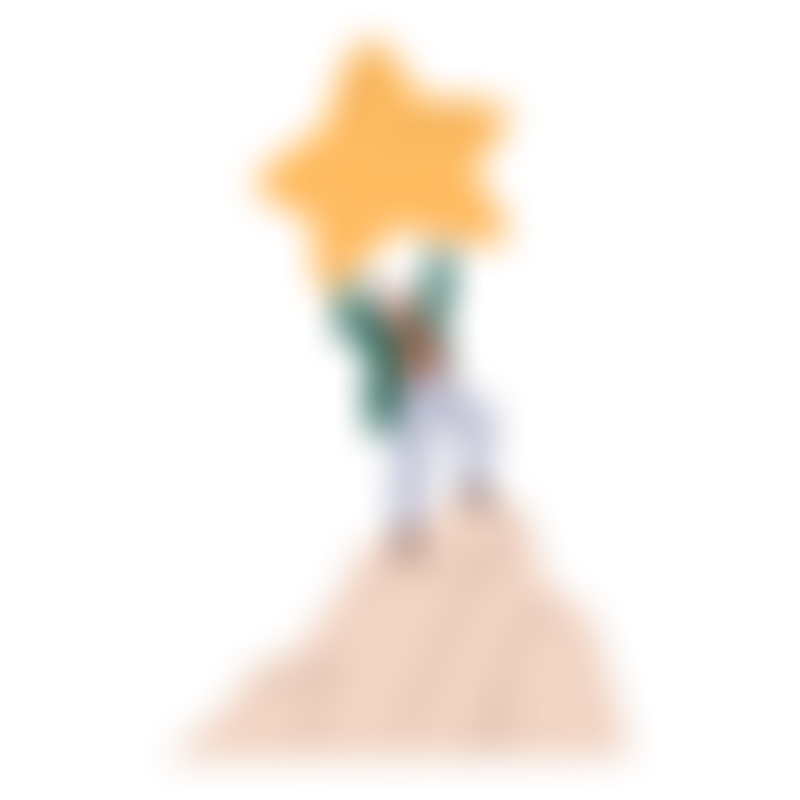

Hi, my name is Rose, and I’ve been diagnosed with colorectal cancer. I’m currently receiving treatment and have been struggling with the side effects of chemotherapy, but I’ve found ways to manage and get through each day.

I didn’t have any symptoms. A routine bowel screening was what led to my diagnosis in May 2024.

Finding out about my cancer diagnosis, I was fearful and surprised as I had no symptoms, and I was fit and healthy.

For my treatment, my doctor recommended that I get a partial colectomy and chemotherapy. I accepted the recommendation and went ahead with the treatment plan. I was fearful when I read the paperwork and all the related side effects that were possible.
I’m currently on chemotherapy. I started with 4 chemo sessions lasting 5 hours approximately. I had chest pains after the first session so my treatment plan was changed. Even after the change, I was fearful for something else to go wrong for me. My mood at this time was very very low and I did feel as if I couldn’t go on.
After the second treatment session, I had two blood clots. My chemo dose was then reduced to 75% for the third session and remained at that for the fourth.
My treatment is covered by the NHS in Scotland so financially, I was covered.

As for side effects, I struggled most with nausea and vomiting, caused by chemotherapy. I lost my appetite, even just from the thought of food. I also suffered from fatigue and hand and foot syndrome.
I tried to manage these by buying food that didn’t take a lot of preparation, like homemade soup that was nutritious and easy to prepare. I started eating little but more often. Drinking a lot of water helps too.

My doctor recommended a few lifestyle changes regarding exercise and nutrition, which I was very compliant with. I changed my exercise frequency and walked everyday when I could. It helped my mental health, helped get my bowels moving after my surgery and it was good to get my blood flowing.

I faced challenges in my social life and relationships with loved ones and in my day-to-day life. My day-to-day life was most affected, but I found ways to manage. I wrote a daily diary about how I felt and what I did that day and I had a list of things to do at the back. Because it took so much effort to do simple things, I kept the things to do simple. Have a shower / do the dishes / read a book / sit in the garden / go for a short walk / tidy a cupboard. It gave me something to do rather than sit all day, even if I had to sit down during the task. And as the time went on and I felt better, the tasks became more: wash the windows / weed the path / ironing. It definitely helped give me a purpose and I didn’t beat myself up if I decided I wasn’t feeling up to doing anything, there is always tomorrow!! I didn’t use any services or products during my cancer journey, but meeting up with friends and chatting about something other than cancer helped.
An unexpected aspect of my cancer journey is probably how very low you might feel. My advice to other cancer patients would be to tell people how you really feel. Accepting help no matter how independent you are. Stock up on easy or no preparation food if you are on your own. If you have someone who can make food and drop it off for you then accept that.

I faced challenges in my professional life too, and stopped working after my surgery as I didn’t feel well enough.

In the next 2 years, I plan on holidaying with friends.

My biggest fear was being able to get to the end of the chemotherapy, not giving up no matter how bad it gets. I try to overcome it by talking to family and looking at the positives, rather than negatives, although there might only be a few. Telling myself to carry on because if I stop now I may need to start treatment all over again and that would be even more difficult.

I feel neutral now as I’m still waiting on results from issues related to side effects that I suffered.

Carry on, it’s a mountain to climb but you don’t need to climb it in a day. It’s a hard climb, much steeper than you thought but you are much stronger than you ever thought!
This patient's story is published and shared with their full consent. Any personal data that can be used to identify the patient has been omitted.
Click here for more information.